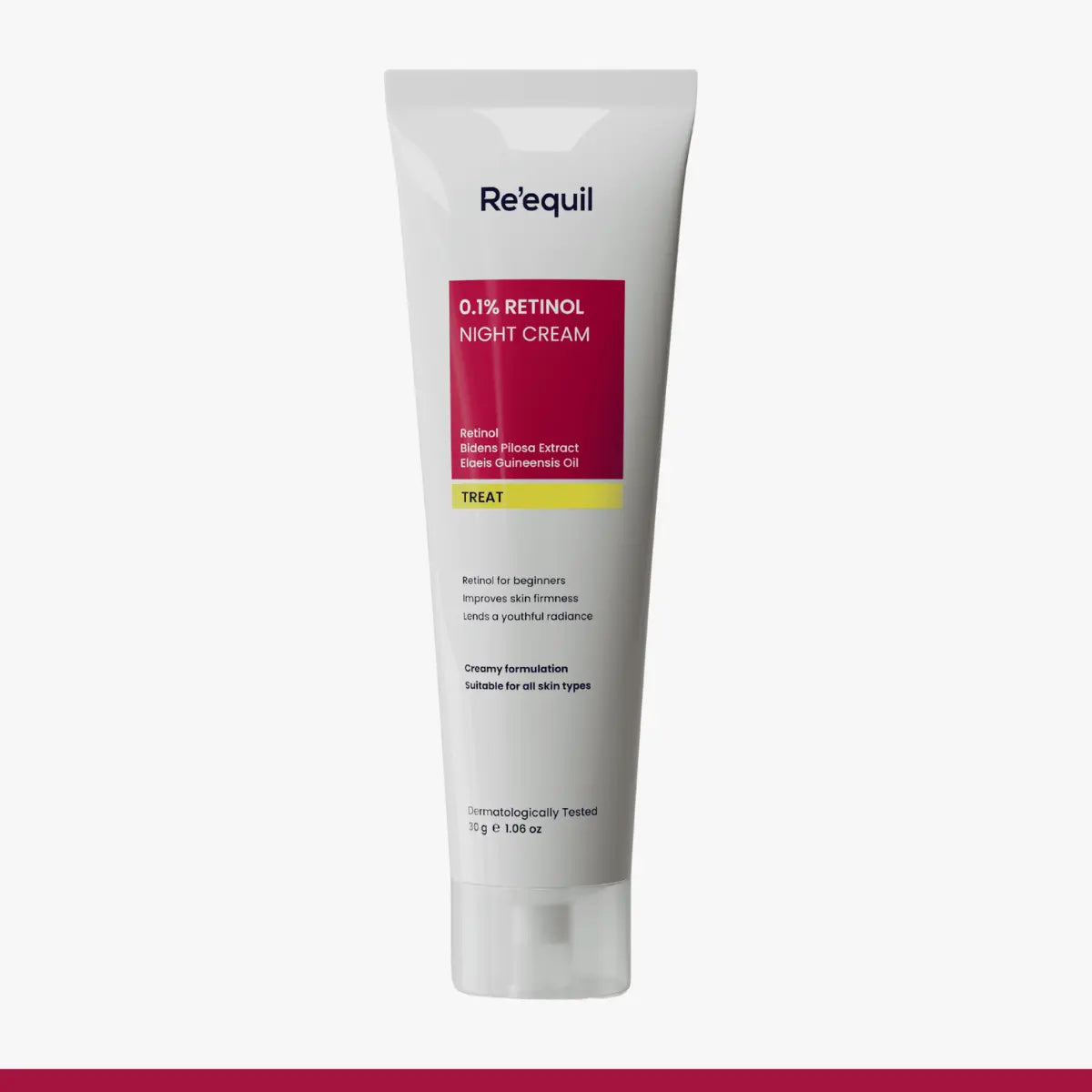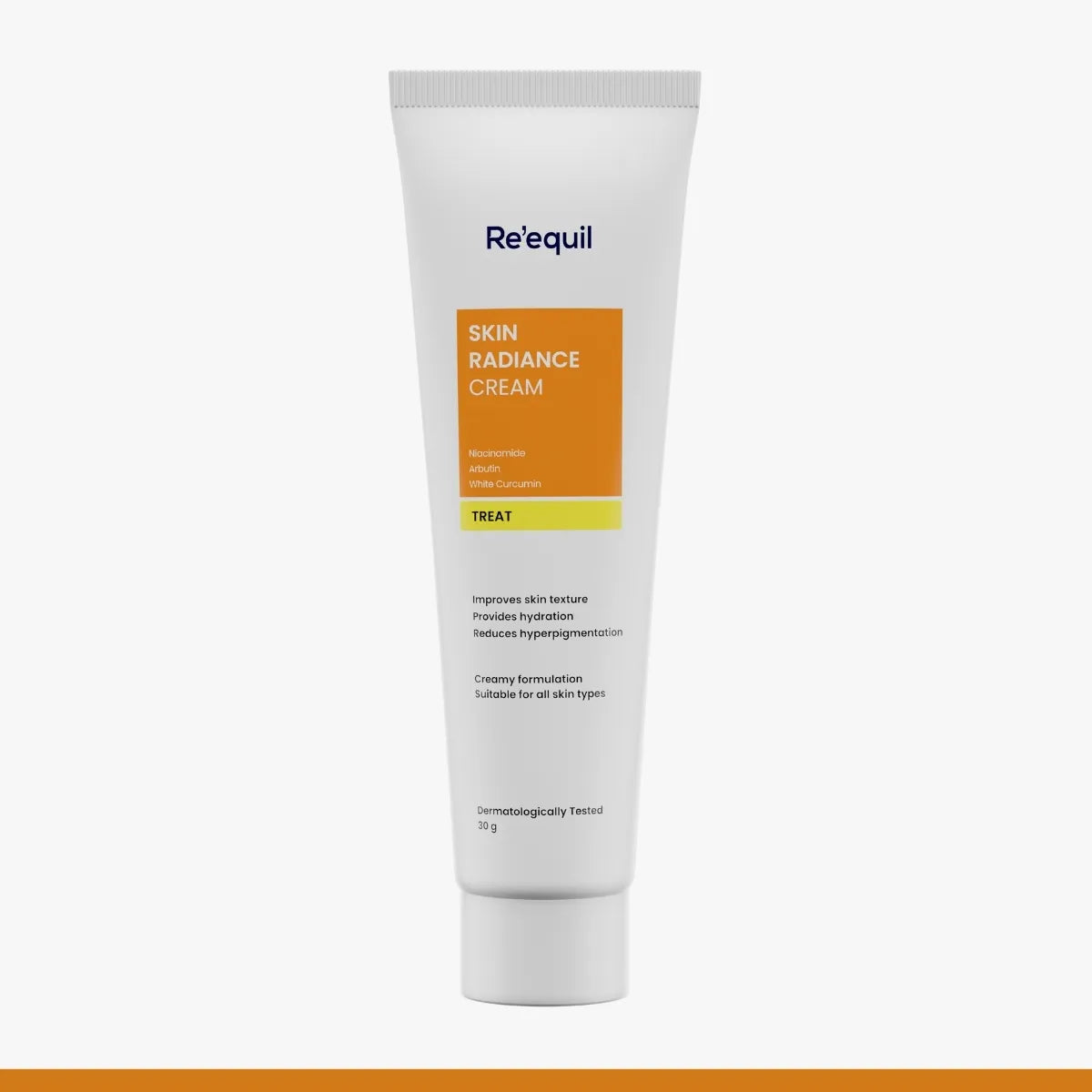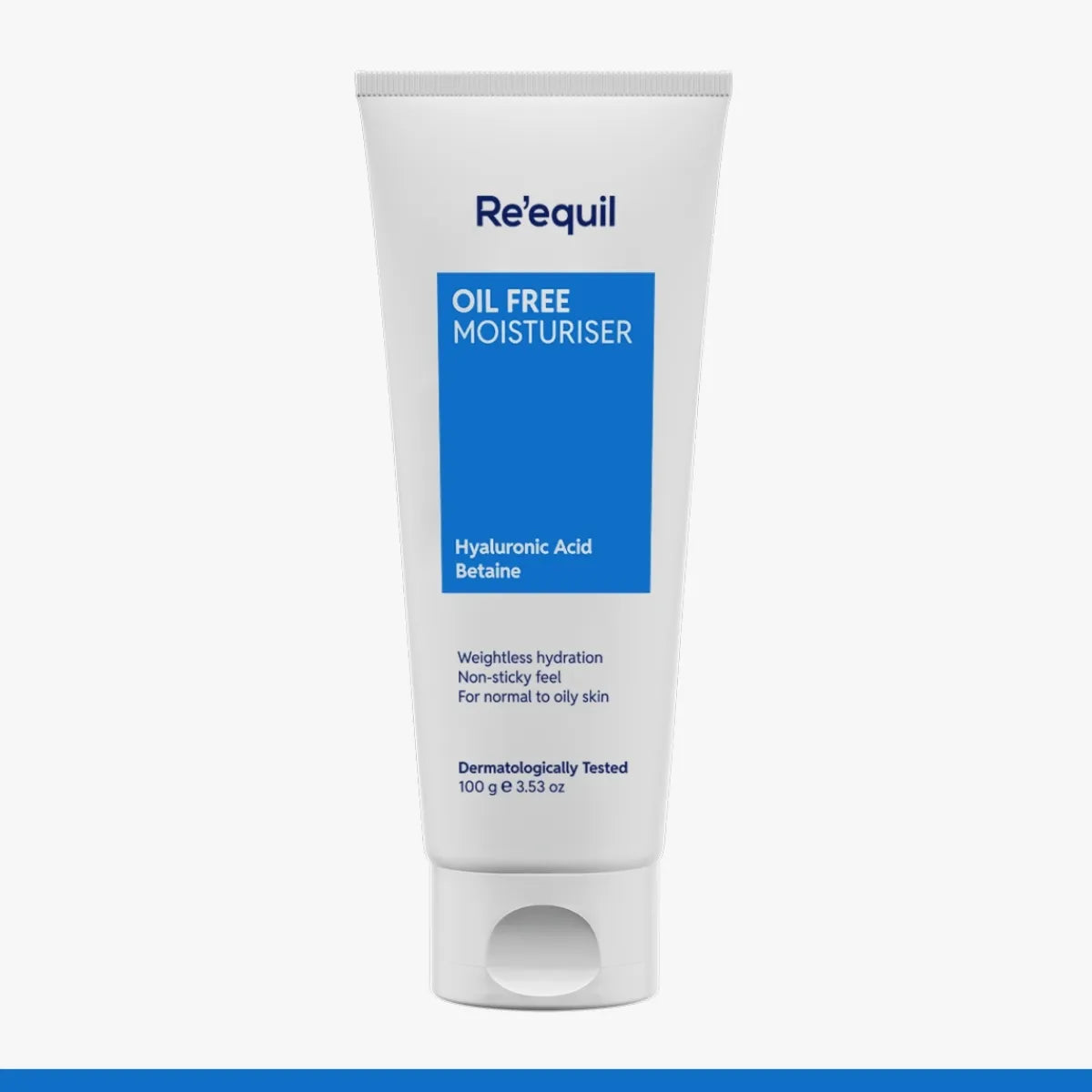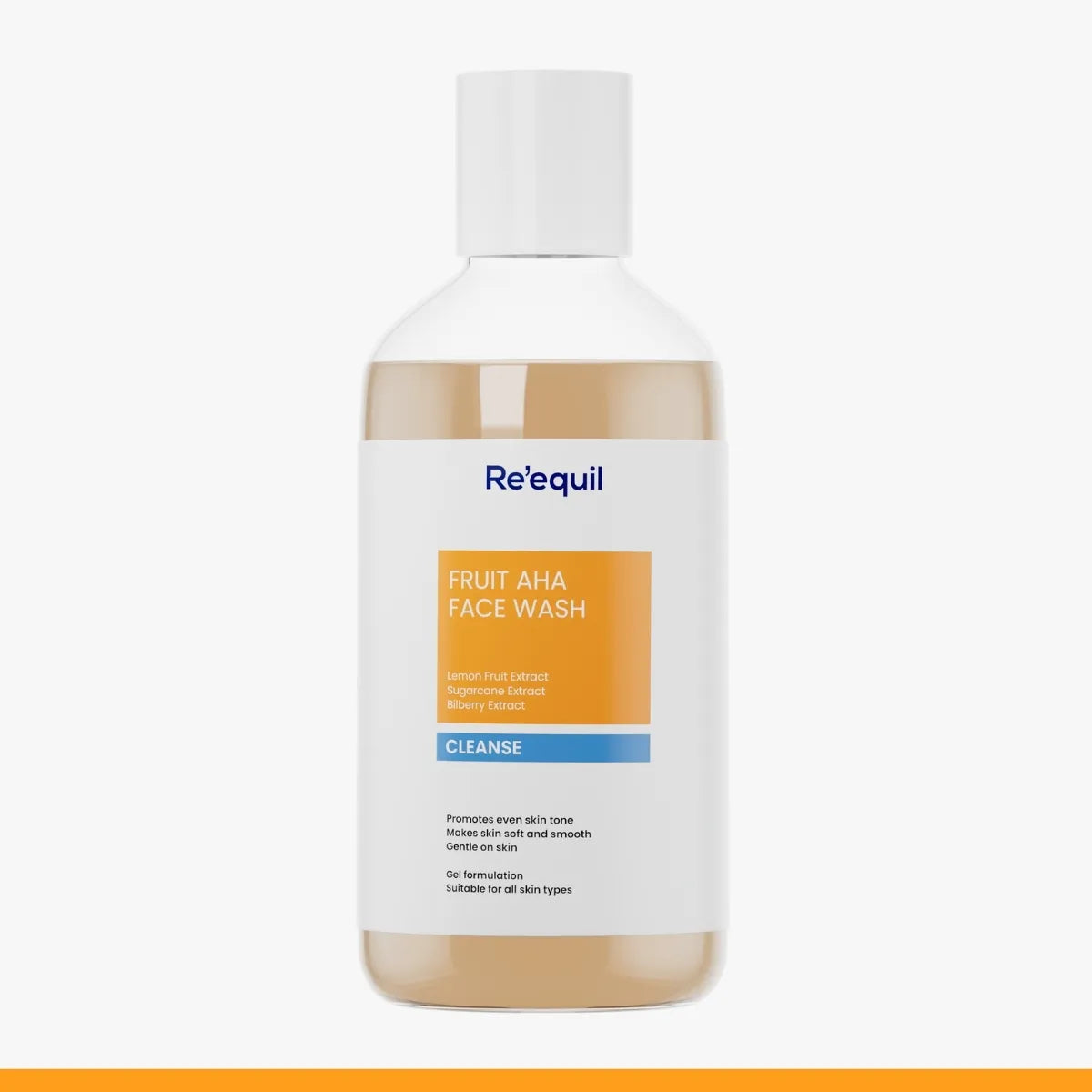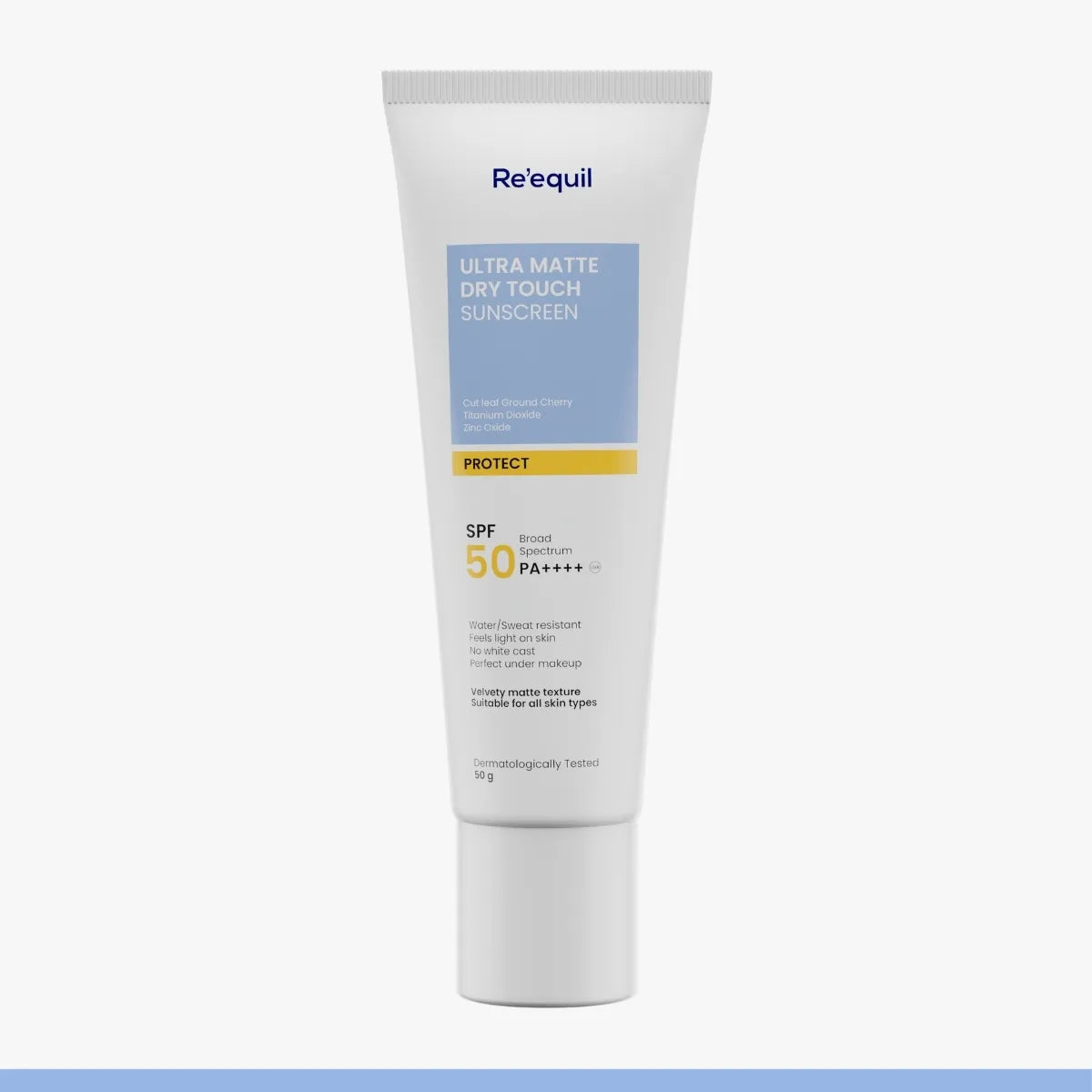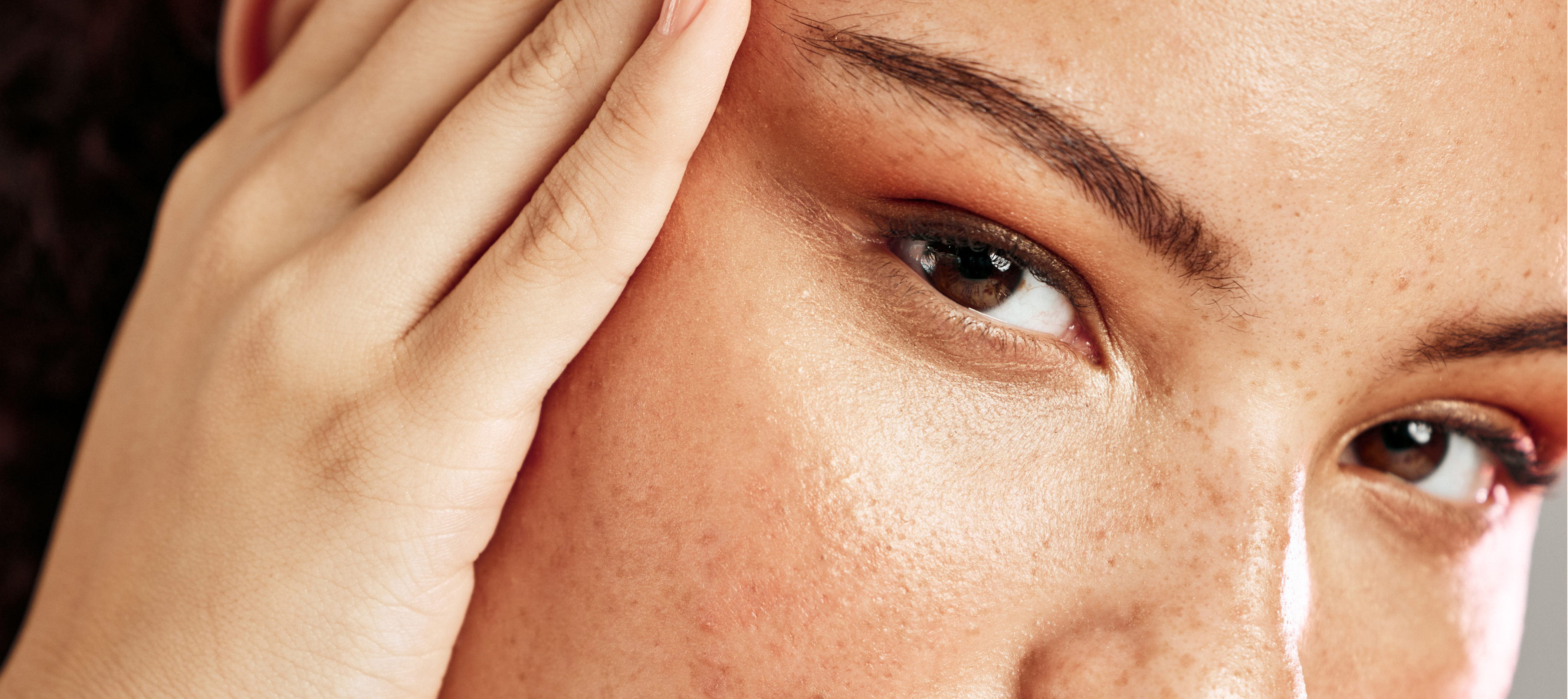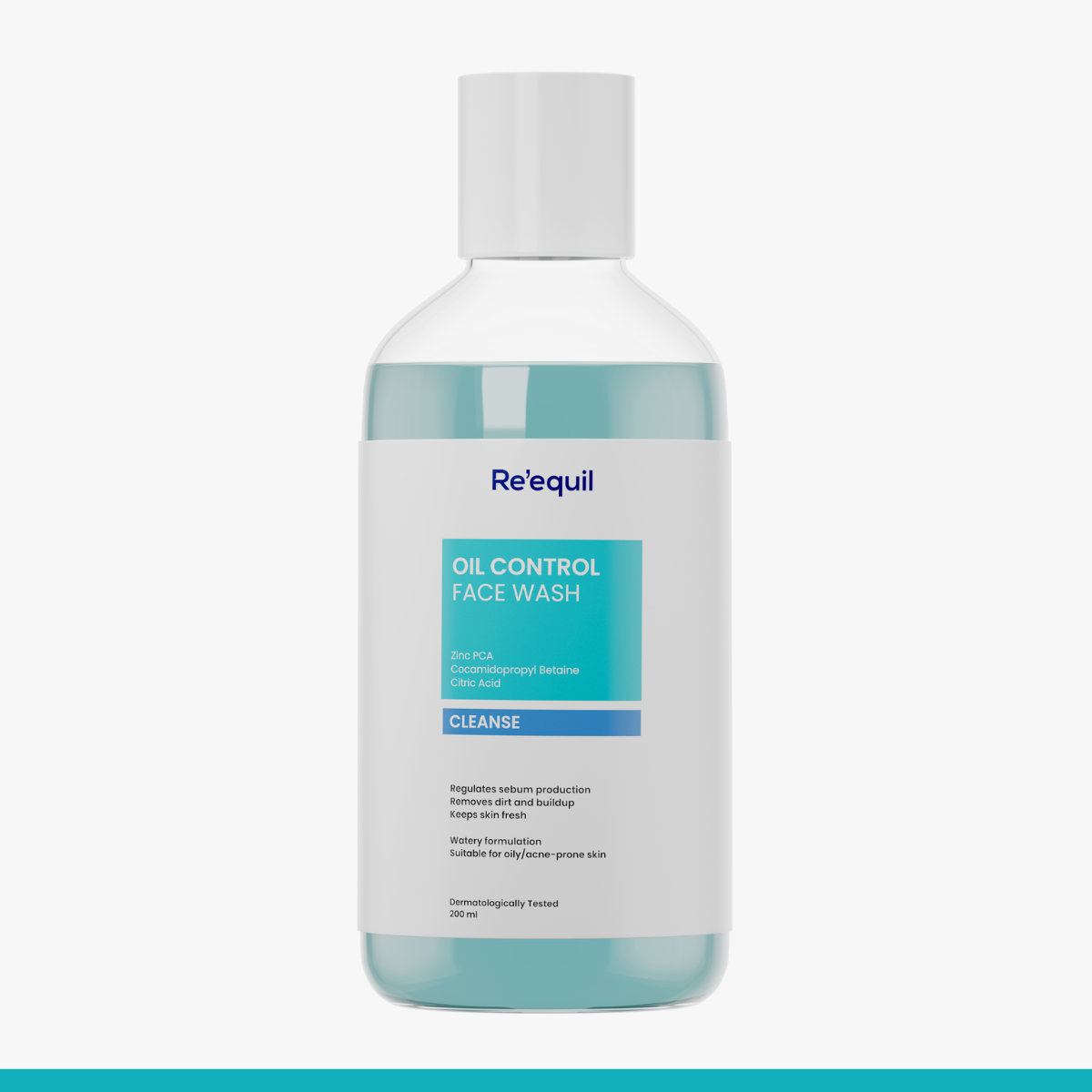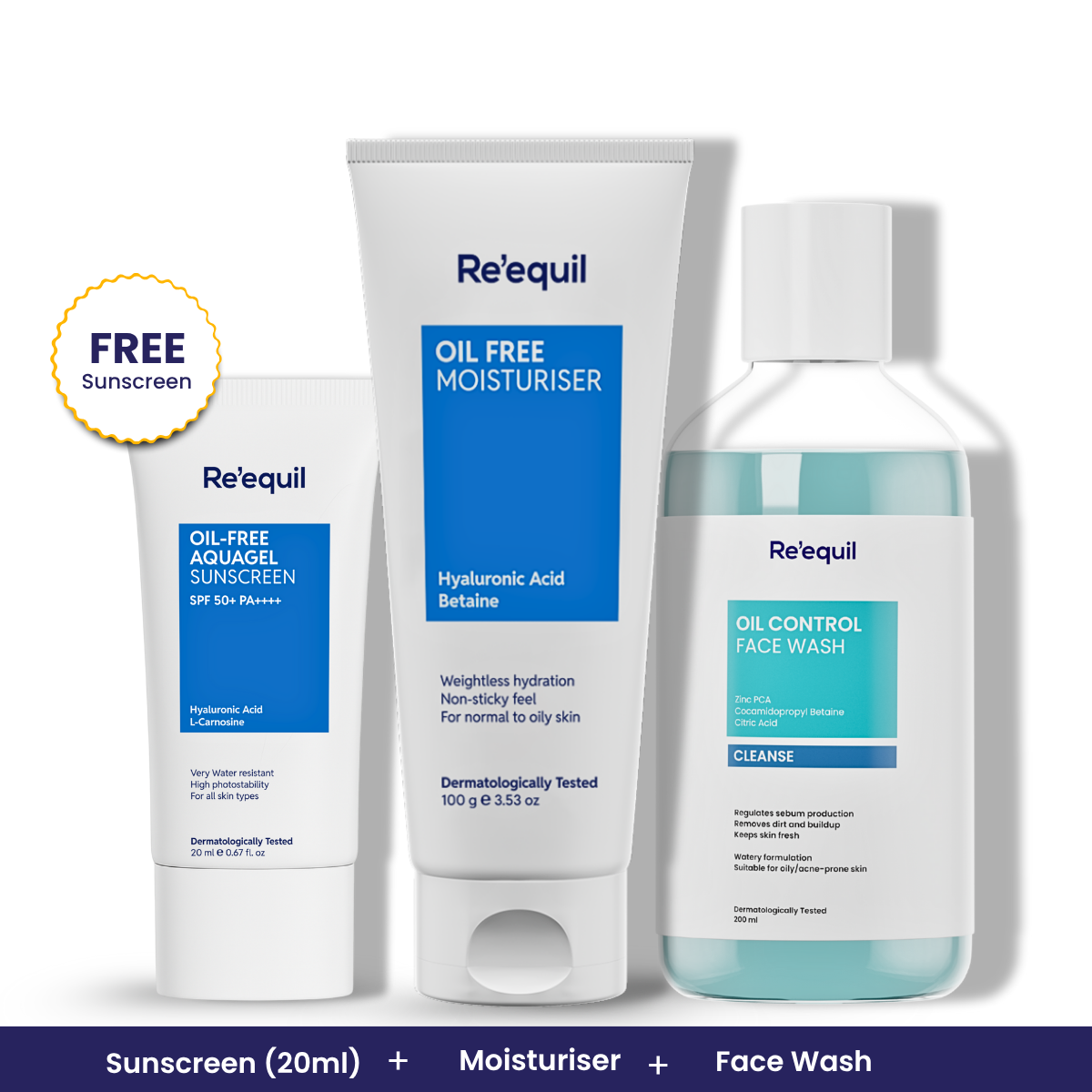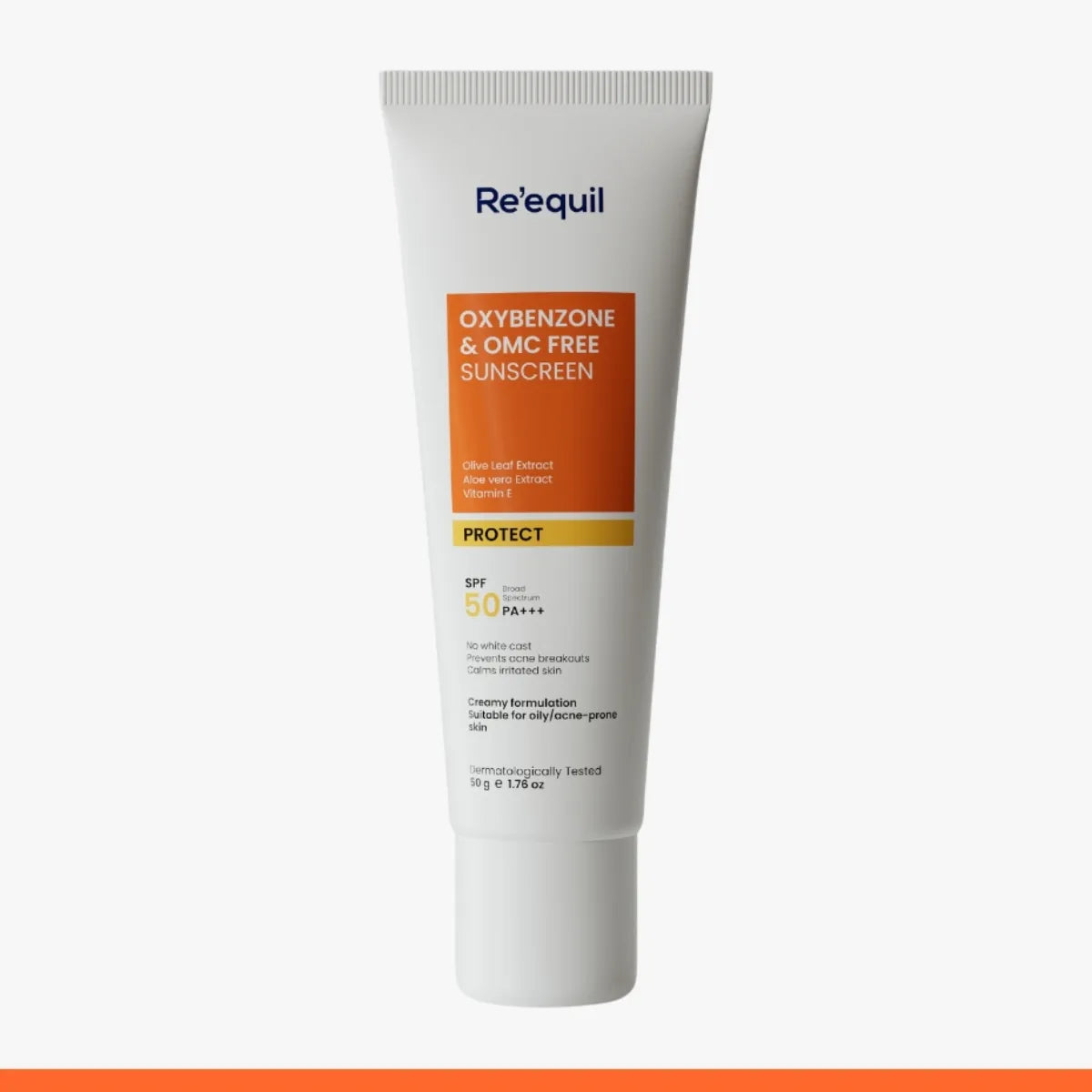While winter conjures images of dryness and flakiness, those with oily skin may find themselves battling a different set of issues during these colder months. The winter chill and reduced humidity can trigger changes in oily skin behaviour, leading to breakouts, increased oil production, clogged pores and an overall uneven complexion. However, rest assured, for this survival guide will help you steer through the winter season while preserving your skin's radiant glow.
Let us delve into evidence-based solutions, time-tested ingredients and lifestyle approaches to help you embrace the winter months with confidence.
The winter woes for oily skin
Oily skin, while often associated with youth and vitality, comes with its unique set of challenges. While many embrace their natural glow, managing oily skin can often feel like a never-ending quest for balance. From acne flare-ups to makeup meltdowns, the struggles are never ending. Let’s identify the problems faced by those with oily skin during the colder months of the year.
-
Increased oil production
It might sound unreasonable, but the plummeting temperatures can actually prompt your skin to produce more oil. When exposed to the cold, our body reacts by generating additional sebum. This surplus oil can congest pores, making the skin more susceptible to breakouts and blackheads.
-
Flakiness and dryness
The cold winter air coupled with the dry heat indoors can be a potent combination that depletes the skin’s natural moisture. Paradoxically, the skin responds to this dryness by cranking up its oil production. The result? Oily skin with patches of dryness and flakiness.
-
Skin barrier dysfunction
Cold and dry winter air can disrupt the skin's natural barrier function. Studies have demonstrated that exposure to low humidity and cold temperatures can impair the skin's barrier, making it more vulnerable to environmental stressors and water loss.
-
Acne and breakouts
The upsurge in oil production and the potential irritation from heavier winter skincare products can be a recipe for acne and breakouts. Clogged pores become breeding grounds for pesky pimples.
-
Dull complexion
Oily skin can already have a propensity to appear somewhat lacklustre, and the winter chill does not help. Excessive sebum production can trap dead skin cells, rendering your complexion dull and uneven.
-
Uncomfortable tightness
The brisk, chilly air can sometimes leave your skin feeling uncomfortably tight. This sensation is an indicator that your skin is dehydrated, a common occurrence in the winter for oily skin types.
Radiant oily skin in winter - Your go-to solutions
To maintain skin health and achieve a balanced, radiant complexion, individuals with oily skin should adopt specific skincare strategies. A well strategised skincare routine for oily skin type for winters should typically include the following.
-
Gentle cleansing
Effective skin care begins with gentle cleansing. Use a sulphate-free, foaming cleanser designed for oily skin. Washing your face twice a day, in the morning and evening, is sufficient to remove excess oil, dirt and impurities. Avoid over-cleansing, as this can trigger increased oil production. Consider using a salicylic acid-based cleanser to keep pores clear.
-
Hydration is key
While it may seem counterintuitive, proper hydration is essential for oily skin. Opt for an oil-free, non-comedogenic moisturiser to prevent overproduction of oil. Look for ingredients like hyaluronic acid, glycerin and ceramides to lock in moisture.
-
Exfoliate regularly
Regular exfoliation can help combat dullness and prevent clogged pores. Use a gentle exfoliant with ingredients like alpha-hydroxy acids (AHAs) or beta-hydroxy acids (BHAs), a few times a week.
-
Oil-control products
Invest in oil-control products that can help manage shine throughout the day. Matte-finish primers and oil-absorbing sheets can be your best friends.
-
Don't skip the sunscreen
Protect your skin from harmful UV rays by using a broad-spectrum sunscreen with SPF 50 daily. Choose a lightweight, non-comedogenic formula to shield your skin without making it greasy. Sunscreen also helps prevent post-inflammatory hyperpigmentation caused by acne.
-
Non-comedogenic makeup
Select makeup products with non-greasy texture, labelled as non-comedogenic to avoid clogging skin pores. Mineral makeup enriched with Calmnerv CR and Zano can be a good choice as it tends to be lighter and less likely to trigger breakouts.
-
Avoid harsh products
Harsh, alcohol-based toners or astringents can strip your skin of natural oils, leading to overproduction of sebum. Opt for gentle, pH-balanced toners to maintain your skin's natural balance.
-
Adjust your skincare routine
Consider modifying your skincare routine to suit the season. For example, if you have an oily skin type, simply go for gel-based products as they are water-based and typically lack oil. Owing to the light textured base, they tend to get evaporated easily without clogging your pores.
Top 5 ingredients best suited for oily skin for winters
The power of ingredients in skincare lies in their ability to provide targeted, scientifically backed solutions, customisable regimens and holistic wellness. With the right ingredients and a carefully curated skincare routine, you can maintain healthy, vibrant skin while addressing its unique concerns. Here are the top five ingredients best suited for oily skin type.
-
Niacinamide
It is a versatile ingredient that regulates sebum production, helps reduce pore size and minimises redness and inflammation. It is an all-around solution for oily skin, ensuring a more balanced complexion.
-
Ivy leaf extract
It is a perfect emollient (moisturising ingredient that helps soothe the skin too) that ameliorates inflammation from acne pits, breakouts and helps restore hydration levels.
-
Arcitum majus
It possesses astringent qualities, indicating its potential to firm and revitalise the skin. This attribute contributes to the regulation of sebum production in individuals with oily skin and effectively mitigates the likelihood of pore blockages.
-
Madecassoside
Owing to its anti-inflammatory properties, Madecassoside can help soothe and calm the skin, reducing the appearance of blemishes and redness. This is particularly beneficial for individuals with oily skin as they are prone to inflammation, redness and acne breakouts.
-
Tea tree oil
It has powerful antibacterial properties that help combat acne-causing bacteria without over-drying the skin. It is particularly valuable as a spot treatment for managing breakouts in oily skin.
Lifestyle tweaks for managing oily skin in winter
Lifestyle changes can play a significant role in managing oily skin during the winter season. Here are some lifestyle adjustments you can make to take care of your skin:
-
Incorporate green tea into your skincare regimen
Beyond its antioxidant-rich properties, green tea can be a potent remedy for oily skin. It encompasses specific biomolecules with established scientific merit in sebum regulation, combatting infections, removing surplus oil and impurities and averting acne breakouts.
-
Dietary choices
Incorporate more fruits, vegetables and whole grains into your diet while limiting the consumption of sugary and greasy foods. A balanced diet can help regulate oil production and maintain skin health.
-
Avoid touching your face
Refrain from touching your face excessively. This can transfer oil, dirt, and bacteria from your hands to your face, potentially leading to breakouts.
-
Hydration
Stay well-hydrated by drinking plenty of water throughout the day. Proper hydration from within can help balance your skin's oil production.
Takeaway
Caring for oily skin during the winter is essential to maintain skin health and achieve a balanced, radiant complexion. As the cold weather can trigger increased oil production and exacerbate skin issues, techniques like gentle cleansing, adequate hydration, regular exfoliation and the use of non-comedogenic products play a pivotal role in balancing sebum production and preventing breakouts. These measures help to avoid dullness, maintain the skin barrier, and protect the skin from harsh winter conditions. Above all, it is essential to foster a positive self-image, encourage consistent self-care, reduce stress and promote individual well-being to contribute to a holistic healthier and naturally radiant skin.
